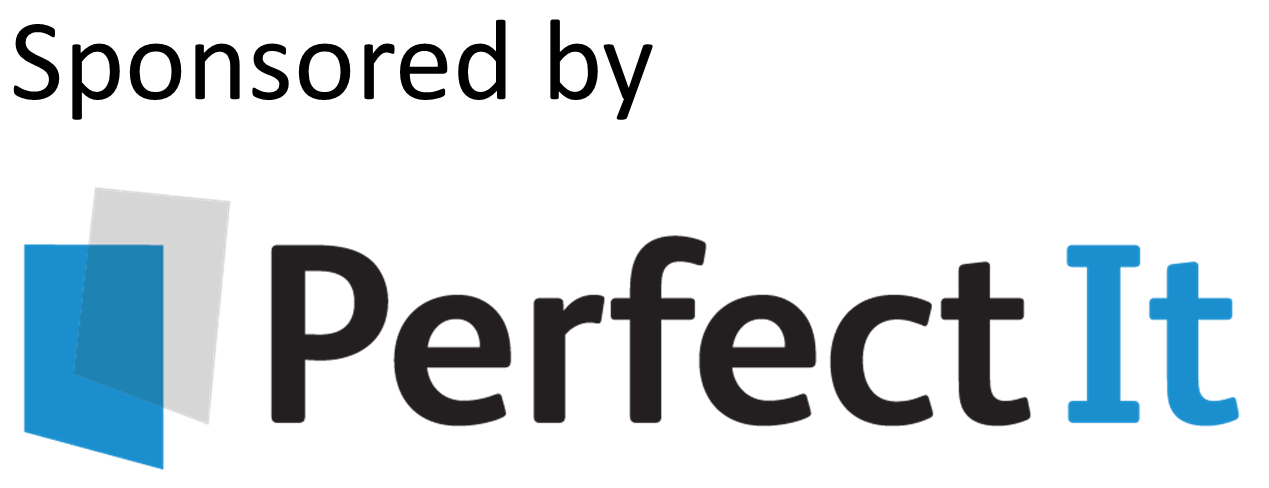Conference
Using your network to branch out into new areas
Sally Hill, the Netherlands
To ensure the money keeps rolling in, freelance language professionals must keep their skills up to date but also follow changes in the market and in clients’ needs. Adjusting the way we run our businesses sometimes means learning new skills and even branching out into new areas. However, as freelancers we are not necessarily well equipped to make such changes on our own, and we must therefore make use of others in our network – be this in the form of a mentor or of sharing with others who are going through the same process.
In this presentation I will share with you how an increase in clients’ requests for writing services led me to get interested in medical writing. I will recount how I got in touch with others in this field and helped set up a network for science and medical writers in the Netherlands. Organising and attending events for the network has led not only to new contacts but also several new clients. I’ve also learned a lot more about using social media platforms. An additional discovery along the way is that many young scientists with language skills are looking to move away from academia and into writing jobs in the Netherlands – a move that may need the support of organisations such as SENSE.
This session will probably be of interest to language professionals – freelance or otherwise – looking to move into new areas. I hope to give you pointers on how you can use your network to explore new options, discover new talents and expand your business. Those interested in learning more about medical writing and the newly formed Netherlands SciMed Writers Network are also very welcome to attend.
Click here to register for the online conference
About the presenter
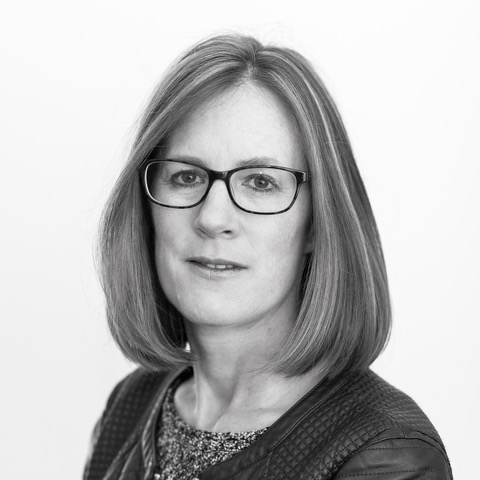
Sally Hill studied biology at the universities of Sheffield and Nijmegen. A former research scientist, she works as a freelance medical writer, editor and trainer in scientific writing at Dutch universities. She finds her experience in education sometimes slows down her editing work, though using the comments function to educate her non-student clients about good writing is not necessarily a bad thing. She is a keen networker and helps organise meetings for other Netherlands-based science and medical writers. She’s also a contributor to and editor of the SENSE blog.
How much time does quality require?
Brian Mossop, Canada
Translators and editors face a conflict between business pressures to produce quickly and professional pressures to achieve adequate quality. There is no easy way to resolve this conflict, but I will present some food for thought on the matter, giving special attention to two factors: attitude to the job and the difficult concept, ‘quality’. My presentation will be punctuated at intervals with opportunities to make comments or ask questions.
Click here to register for the online conference
About the presenter
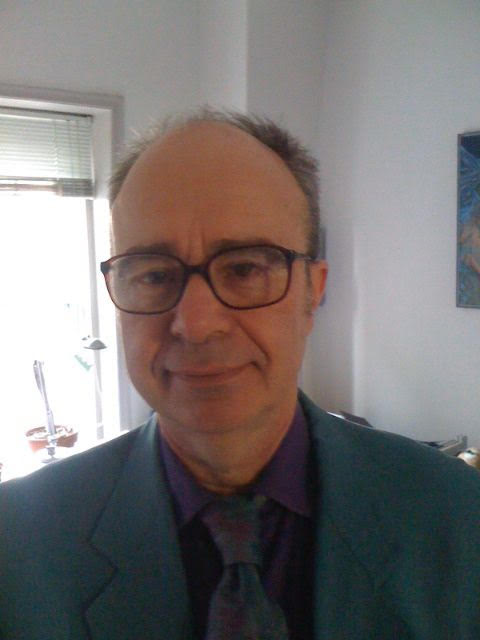
Brian Mossop was a French-to-English translator, reviser and trainer at the Canadian Government’s Translation Bureau from 1974 to 2014. He continues to lead workshops and webinars on revision in Canada and abroad. Since 1980, he has also been a part-time instructor at the York University School of Translation in Toronto, teaching revision, scientific translation, translation theory and translation into the second language. For more, visit www.yorku.ca/brmossop.
The plain truth: Applying Plain English principles to improving texts
John Linnegar, Belgium
Simplicity. Accessibility. Readability. Is the writer’s intention understood at first reading? These are the battle cries of the Plain Language Movement. But what exactly can the editor or translator do towards making texts meet these requirements?
When editors exercise their craft, they often tend to think of the standard facets of editing: copy-editing, substantive and structural editing, perhaps with some degree of formatting or styling for consistency. The need also to apply Plain English principles seems to be overlooked far too frequently, to the neglect of the target readers. In this day and age, conveying messages simply has become an important consideration.
During this session, I shall share some of the fundamental elements for adapting texts following Plain English principles. For those unfamiliar with them, this is an undoubtedly useful skill to acquire and cultivate, because it will gain them a reputation for transforming turgid writing into attractive, accessible and readable text that readers will delight in reading. And which will reflect well on its originators. These principles include:
- Striving for shorter, less complex sentences and paragraphs, simpler synonyms rather than more ‘difficult’ words, and strong, active verbs instead of brain-numbing nominalisations.
- Preferring the active over the passive voice, using more visual elements such as vertical lists, and expressing ideas and arguments positively rather than negatively are yet further devices to employ.
- And, of course, using punctuation not merely correctly but effectively.
Thanks to the many examples of unplain and plain English to be shared with them in an accompanying handout – and some audience participation – the participants in this session will leave with a Plain English ‘toolkit’. That kit is bound to equip them with the approach and skills needed to implement such a reader-oriented approach to improving texts. That’s the plain truth.
Click here to register for the online conference
About the presenter

An author and a passionate copy-editor with some 40+ years’ of manuscript improvement behind him, John Linnegar is a former teacher of English at secondary school and undergraduate levels. His specialty as an editor is law. In 2009 he published a book on common errors committed by writers in English in South Africa (NB Publishers, reprinted 2013); in 2012 he co-authored Text Editing: A Handbook for Students and Practitioners (UA Press) and in 2019, together with Ken McGillivray, wrote and published grammar, punctuation and all that jazz … (MLA Publishers). He contributes regular articles on the usage and abusage of the English language to professional bodies.
Editing in the era of digital nomadism: How I look after my mental and physical health
Marieke Krijnen, Belgium
I share, in the form of accounts of a number of short tips, how I deal with being a digital nomad editor: someone without a dedicated home office who often spends periods of time away from her home base. While having the freedom to work from anywhere is an enormous privilege, it also brings potential mental and physical health problems such as loneliness, isolation, burnout, back or neck problems from staring at a laptop screen all day, and a lack of exercise because you can’t commit to classes, for example.
I share practical ways in which I have dealt with these problems, such as joining digital support communities, using ergonomic tools with my laptop, using apps to block my email account after working hours, finding a way of exercising that is not dependent on where I am located at that moment, and much more.
Click here to register for the online conference
About the presenter
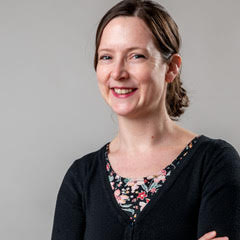
Marieke Krijnen is a former academic who left academia in 2017 to become a full-time copyeditor. She has since completed a number of training courses and is a member of SENSE and the SfEP. She has edited hundreds of dissertations, monographs and journal articles and is loving the freedom of freelancing while belonging to the warm and welcoming editing community.
SENSE 2020 Conference Programme
Click here to register for the online conference
Please note that programme elements may be subject to change.
Tip! On your smartphone, scroll left and right to see all the columns.
Workshop programme
| Saturday May 16 10:00–15:00 |
Saturday May 23 10:00–13:30 |
Saturday 6 June 10:00–13:30 |
Thursday June 11 13:30–17:00 |
Monday 15 June 13:30–17:00 |
Friday 19 June 13:30–17:00 |
Friday 26 June 13:30–17:00 |
| Paul Beverley: |
Alexander Drechsel: |
Sue Leschen: |
Ann Bless: |
Jennifer de Beyer: |
Jenny Zonneveld: |
John Linnegar: |
Wednesday 3 June 2020
Conference programme day 1
| 12:45–13:00 | Welcome and opening annoucements | ||
| 13:00–13:30 | Joy Burrough Be(a)ware of (round) brackets (especially ‘Dutch’ ones)! |
||
| 13:40–14:10 | Tony Parr “I just moved on.” – Museum translations |
||
| 14:20–15:20 | Emma Hartkamp Future competence profiles of EU translators |
||
| 15:20–16:00 | Networking break | ||
| 16:00–17:00 | Brian Mossop How much time does quality require? |
||
| 17:10–17:40 | Jennifer de Beyer Making reporting guidelines more useful in biomedical science and beyond |
||
| 19:00–?? | Networking time | ||
Make sure you can receive our mails!
Check your spam box and add sense-online.nl to your list of trusted senders!
Thursday 4 June 2020
Conference programme day 2
| 12:45–13:00 | Welcome etc. | ||
| 13:00–13:30 | Sally Hill Using your network to branch out into new areas |
||
| 13:40–14:10 | Nigel Saych Fair Trade Translation in an unfair world |
||
| 14:20–14:50 | Tiina Kinunnen From whining to shining |
||
| 14:50–15:20 | Networking break | ||
| 15:20–15:50 | Wendy Baldwin Honing skills through near-peer exchange |
||
| 16:00–16:20 | Marieke Krijnen Editing in the era of digital nomadism: How I look after my mental and physical health |
||
| 16:30–17:50 | Panel discussion Setting up shop: newcomer perspectives on the translation industry |
||
| 18:00–19:00 | ‘Setting up shop’ networking | ||
| 19:00–??? | Networking time | ||
Make sure you can receive our mails!
Check your spam box and add sense-online.nl to your list of trusted senders!
Friday 5 June 2020
Conference programme day 3
| 13:00–13:15 | Welcome etc. | ||
| 13:15–14:00 | Joy Burrough-Boenisch Language interference: Forewarned is forearmed |
||
| 14:10–14:40 | David Barick Writing effective comparisons in scientific articles |
||
| 14:40–15:20 | Networking break | ||
| 15:20–16:40 | Ashley Cowles et al Panel: Maintaining productivity as your family grows |
||
| 16:50–17:30 | John Linnegar The plain truth: Applying Plain English principles to improving texts |
||
| 17:30–17:40 | Closing announcements | ||
| 20:00-?? | Pub quiz & networking | ||
Click here to register for the online conference
N.B. Programme subject to changes.
Tip! On your smartphone, scroll left and right to see all the columns.
Maintaining productivity as your family grows
Ashley Cowles et al, Netherlands & United Kingdom
Parenthood not only turns your private life upside down; it can also greatly affect your business. Whether you work from home or in an office, you’ll find yourself facing a number of different challenges: dealing with sleep deprivation, restructuring your workflow, dividing your attention between your clients and your family, safeguarding your productivity, minimising distractions, etc.
So how do you get your business (and your sanity) back on track after such a momentous life change? And how do you make sure your already established business stays on track as your family grows? By asking your fellow SENSE members for tips and tricks, of course! Whether you have toddlers or teenagers, or are expecting your first addition to the family, there’s plenty of helpful, hands-on advice to go around.
During this panel discussion, SENSE members with children of various ages will share their own experiences and offer some practical advice on how to balance effectively freelance work and the different aspects of family life. Naturally, audience members will also have the opportunity to ask questions and contribute their own stories.
Click here to register for the online conference
About the presenters
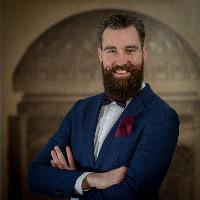
Simon Adams is a translator, editor and content writer. He lives in Utrecht with his wife and their infant daughter.
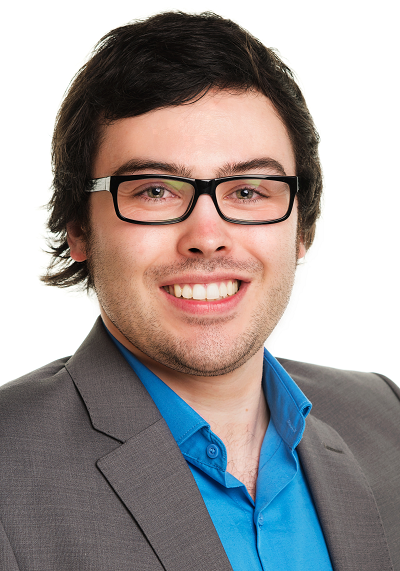
Lloyd Bingham translates from Dutch, German, French and Spanish into English and is based in Cardiff, Wales. He and his wife have an 18-month-old daughter and a six-month-old son. A freelancer for four years before his first child was born, he has been learning how to juggle babies and business ever since.
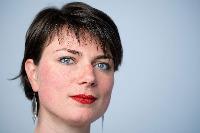
Ashley Cowles is a copywriter and editor who works mainly in marketing for tech and innovation. She lives in Utrecht with her husband and their two children, aged two and four.
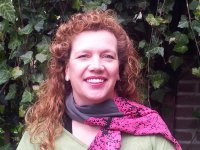
Cathy Scott is a copywriter, editor and translator living in Maarssen, north-west of Utrecht. She works for advertising agencies and direct clients. Married to a Cloggie, she has two horse-mad daughters, aged 11 and nine.
Setting up shop: newcomer perspectives on the translation industry
Panel discussion
The translation industry is changing, meaning that aspiring freelancers and recent graduates need new skill sets and different strategies to set up shop properly. If you’ve ever wondered how recent newcomers to the profession deal with game-changing developments such as PEMT, globalisation, Brexit, GDPR, cloud tools, and the ever-downward pressure on rates, don’t miss out on this panel discussion.
The panellists will discuss a broad range of topics, including acquisition, marketing for freelance translators, diversification, standing out from the crowd, and much more. In addition, we will compare today’s market with the professional starting point, back then, of the more seasoned translators and editors in the room. Has it really become more difficult to start a successful business nowadays? Or have the technological advances made everything so much easier? Finally, we’ll discuss how SENSE members can help their newest colleagues and what new recruits have to offer in return.
Click here to register for the online conference
About the presenters
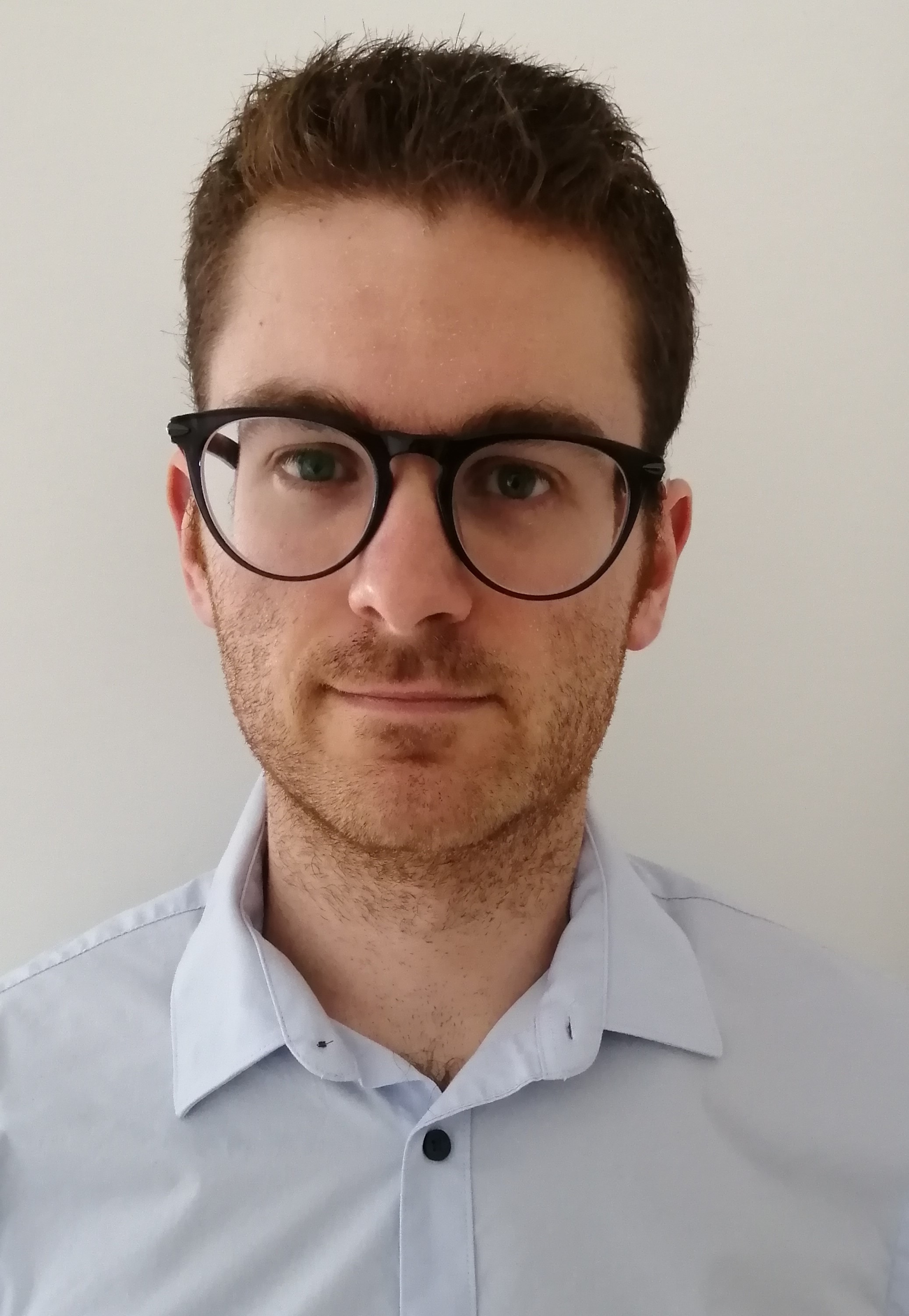
Jasper Pauwels is a full-time freelance translator, translating from English and French into Dutch for many translation agencies across Europe. His translation and proofreading services cover a wide range of topics, with a strong focus on legal and marketing translations. He is also a sworn translator under Dutch law. Before starting out as a freelancer in 2017, he completed two degrees in translation at two different countries. The solid foundation formed during his Bachelor of Translation degree from Zuyd University of Applied Sciences, Maastricht, was complemented and enriched by his Master’s in Translation from the University of Antwerp.
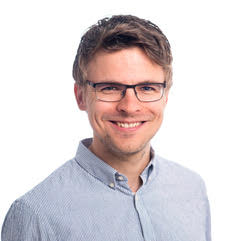
Thirty years old and a Dutch native, Branco van der Werf has been working as a freelancer since before he graduated. He specialises in transcreation and the translation of marketing materials, educational texts, and B2B copy. In addition, he is currently studying towards attaining his teaching degree for English.

Now 28 years old and the face behind Tiga Translations since 2020, Louise Wetzels received her translation diploma from Zuyd University of Applied Sciences, Maastricht, in 2014. She has almost 4.5 years’ experience working in-house at a translation agency, both as a project manager and as an English to Dutch translator/reviewer. Her fields of experience are marketing, tourism and customer-oriented texts.

Lloyd Bingham translates from Dutch, German, French and Spanish into English and is based in Cardiff, Wales. An in-house translator for three years before going freelance six years ago, he is a member of ITI and a tutor on ITI’s Setting Up as a Freelance Translator course. Lloyd has given talks on leveraging social media to build your translation business.
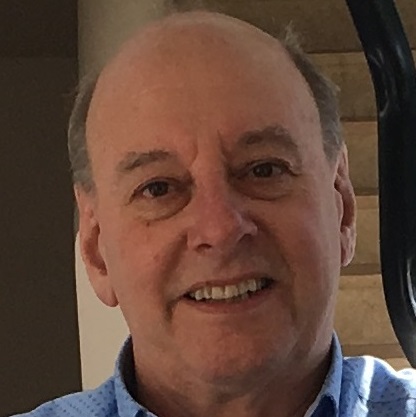
Nigel Saych is the founder and owner of a creative translation company based in Nuenen, near Eindhoven. No longer responsible for the daily administration, he is still very much involved as an active translator. Before his career change to become a translator, Nigel worked in international education. It is this fascination for learning, especially that involving languages, that maintains his interest in professional development for linguists, whatever their age.
Language interference: Forewarned is forearmed
Joy Burrough-Boenisch, the Netherlands
People who speak several languages fluently are at risk of one language interfering with another when they write or speak, especially if the languages are closely related. As language interference is therefore likely to crop up when someone writes in their second (or third) language, language professionals need to know about it so they can recognise and deal with its manifestations in non-native-speaker texts. But language professionals living and working outside their native- language country are themselves susceptible to language interference. So, awareness of how one language can interfere with another is important for language professionals for two reasons: it improves their approach to editing non-native-speaker texts and, if they’re expats, it makes them vigilant about language interference when they write or speak in their own native tongue.
The presentation will draw heavily – but not exclusively – on examples of interference from Dutch and will focus on types of language interference in written English. It will go beyond false friends and literal translations and explore less obvious transfers from one language to another. Strategies for dealing with language interference will be discussed and the audience will be invited to share experiences. The presentation will be relevant to editors of non-native English and to language professionals at risk of language interference permeating their own writing and utterances.
Click here to register for the online conference
About the presenter
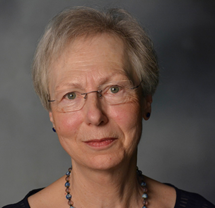
Joy Burrough-Boenisch (MITI) is a founder member and past chair of SENSE with a long career as a freelance authors’ editor and translator for Dutch academics and scientists. She has taught scientific English to graduate students and has presented webinars. She has given workshops for language professionals on editing non-native English in various European countries and for the European Commission. Her conference presentations include two in 2018 as an invited speaker at ATA’s New Orleans conference. Originally a geographer, she learnt to edit in Borneo and Australia before moving to the Netherlands, where her interest in second-language interference and non-native English resulted in a PhD thesis on Dutch scientific English. As well as being the author of Righting English that’s gone Dutch (3rd ed 2013), she has various scholarly and professional publications on editing and non-native English to her name.
Writing effective comparisons in scientific articles
David Barick, the Netherlands
Writers of academic research articles are often called on to draw comparisons of many types. As these comparisons vary greatly in length and complexity, the task can pose considerable difficulties. Reference works such as Swan (2005) or the online Manchester Academic Phrasebank (2006) contain sample comparison sentences, but their advice is confined to the most basic situations. Very little support is available for more complicated comparisons, such as a description of how multiple variables are interrelated in a between-subjects research design. Another major challenge occurs in the discussion section when the author’s own results must be compared with those presented in other research articles. As pointed out by Wallwork (2011), when this is not done well, the reader can find it difficult to tell which paper an author is referring to.
During this presentation, I will illustrate these issues with examples of comparison writing taken largely from my own teaching practice. Attendees will be invited to share their thoughts on how to make these passages clearer and more concise. I will conclude with a number of guidelines for improving the quality of comparison writing in research articles. This talk should be of interest to teachers, editors and translators working with non-native authors of scientific articles.
Click here to register for the online conference
About the presenter
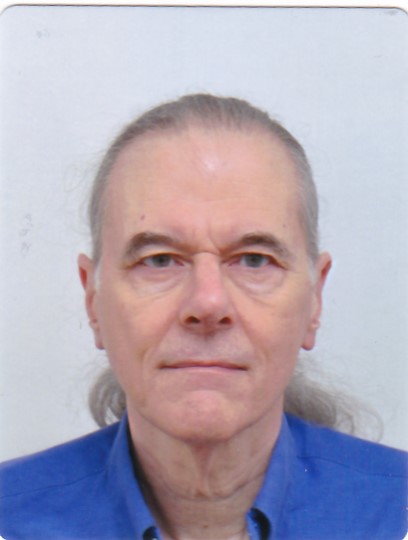
David Barick studied musicology and English at the University of Michigan, Ann Arbor, and has been based for many years in the Netherlands. He works as a language teacher, Dutch–English translator and editor specialising in scientific English. At the Language Centre of VU University Amsterdam, he regularly gives classes to students at master’s, doctoral and post-doctoral levels in article writing, research proposal writing and presentation skills. He has been a member of SENSE since 2012 and is the convener of SENSE’s special interest group for educators.
Terms and conditions for freelancers – you know you need them!
Sue Leschen, United Kingdom
By putting in place a set of terms and conditions, language professionals can add an essential skill to their toolkit. Most of us don't come from a business background, but linguistic skills alone are not enough in today's challenging marketplace.
With this in mind, during my workshop we’ll explore how to approach and resolve the current imbalance in the marketplace, where, typically, the client's terms and conditions have always dominated.
The workshop will focus on the art of negotiating terms and conditions – the do's and the don'ts – how to negotiate to our best advantage, to give something but also to get something in return.
The session will teach freelancers how to build a set of terms either from scratch or by adapting those of our professional organisations which freelancers can use over and over again and adapt as necessary to all sorts of jobs.
The workshop will be as interactive as possible, with participants bringing their own experience and queries to our session.
About the presenter
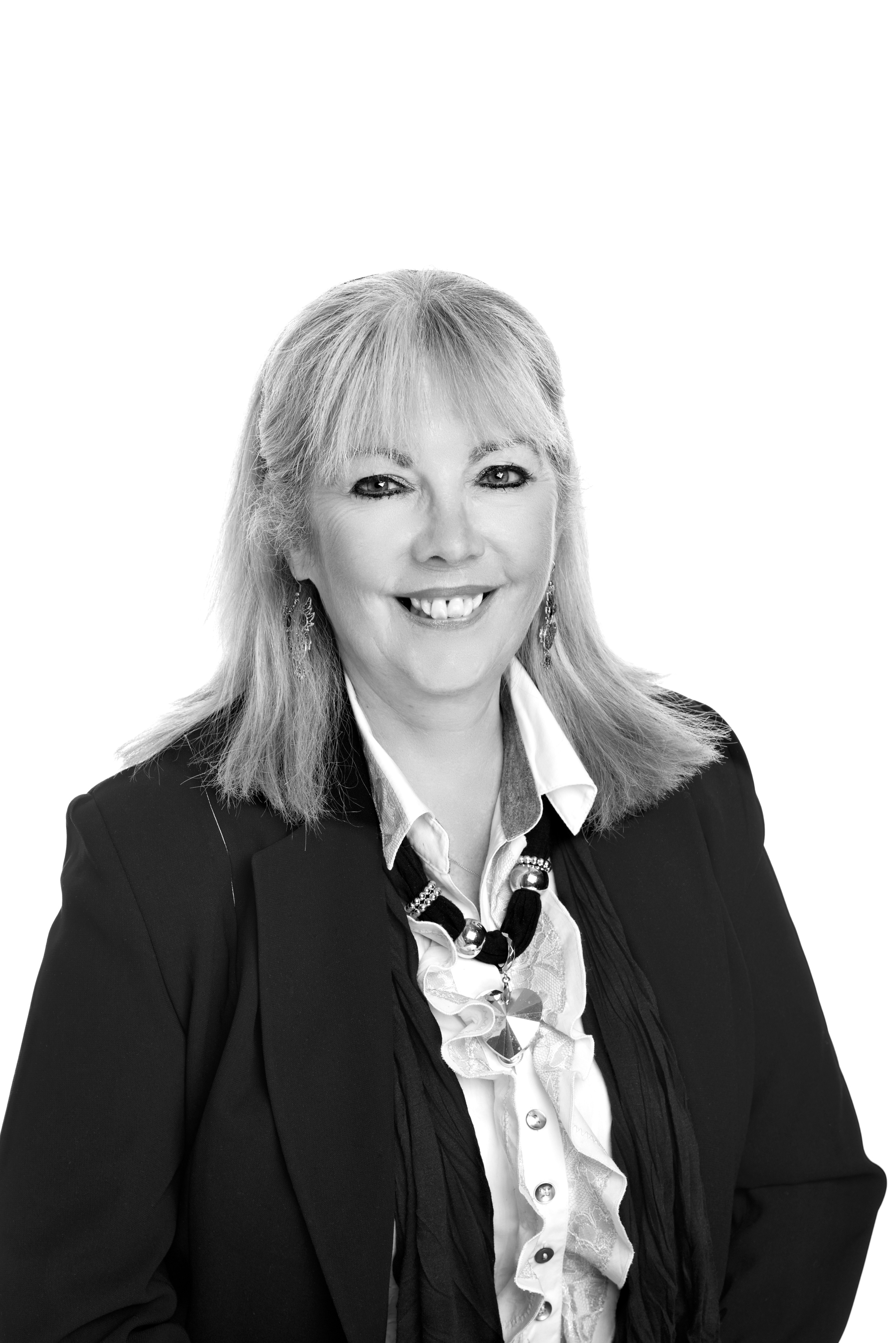
Sue Leschen is a lawyer-linguist based in Manchester, the United Kingdom, and is the director of niche market company, Avocate – Legal and Commercial French Services. She sits on CIOL’s Council and also on CIOL’s Interpreting Division Committee and Equality and Diversity Committee. She regularly presents both face to face and by webinar on legal terminology and professional interest issues. She is also a mentor and business guru for new and existing freelancers, and actively supports the use of properly qualified, insured and security-vetted language professionals.
More...
“I just moved on.” – Museum translations
Tony Parr, the Netherlands
Museum translations are not just a fascinating sub-genre in the translation market; they are also very public translations that are on view in high-profile locations. Some of them are very good, but others come with prominent quality issues. These may well be the result of budget problems (perhaps prompting museums to use low-cost agencies or DIY solutions) or simply of translators taking a far too mechanical approach to their work. In other words, poor translation may be the result of a poor translator, of a translator not being sufficiently aware of the needs of the target audience, of what might be termed ‘translator’s privilege’, or simply of overly mechanical (that is, unthinking) translation.
But what does the target audience – museum visitors themselves – think about the quality of the translations with which they are presented? A mini-research project that involved observing and talking to visitors at two Dutch museums generated a number of fascinating findings that will be presented during this talk. A subsequent discussion with a museum educator produced a conclusion that serves as a neat pointer for translators wondering how they can win the battle with translation machines.
Click here to register for the online conference
About the presenter
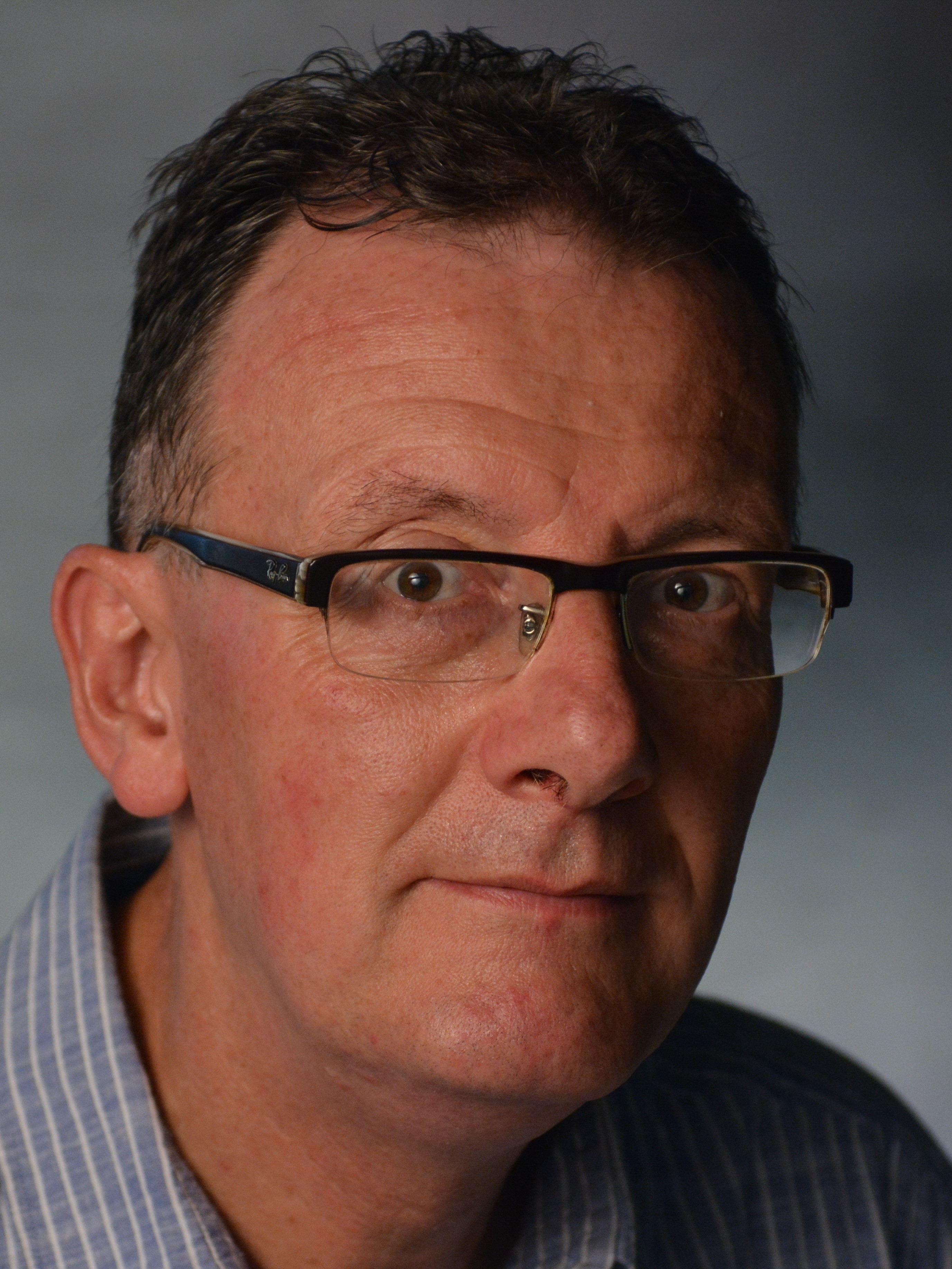
Tony Parr is a professional business translator (from Dutch and also French to English), language editor and translator trainer. After graduating in Dutch and French at Cambridge University, he gained extensive experience as both a freelance and a staff translator and as a teacher of translation, principally at the Dutch National College of Translation in Maastricht. Tony is the co-author of Handboek voor de Vertaler Nederlands–Engels, first published in 1995 and now available from Intertaal. Operating under the name of Teamwork, he and Marcel Lemmens have organized workshops and conferences for language professionals in the Netherlands since 1993.
Using reporting guidelines for biomedical research
Jennifer de Beyer, United Kingdom
This interactive introductory workshop aims to support language professionals working with biomedical researchers to use and recommend reporting guidelines for manuscript preparation.
Reporting guidelines aid research article preparation by providing the minimum information needed for a particular study type. Many journals, particularly in biomedical research, require reporting guideline use and the submission of a completed checklist alongside a manuscript. However,researchers are often unsure how to find and apply the right reporting guideline. Writers, editors, and translators can help to ensure the research articles they work on are compliant.
The workshop will combine short presentations, discussion, and practical exercises, and will be accompanied by a handout. We will focus on reporting guidelines for research involving humans or animals, such as health research, psychology, and veterinary medicine.
Workshop outline:
- What reporting guidelines are, why they are needed, and how and when they can help.
- Using reporting guidelines to analyse manuscripts and flow diagrams.
- Identifying biomedical study designs (exploratory vs confirmatory, descriptive vs analytic, observational vs experimental, qualitative vs quantitative, longitudinal vs cross-sectional).
- Choosing an appropriate reporting guideline.
- Translations of reporting guidelines and opportunities to contribute to future translations.
- Fitting reporting guidelines into the workflow as writers, author editors, journals, and peer reviewers.
- Dealing with realities: common objections to reporting guidelines and problems encountered by participants.
Learning outcomes:
- Understand what reporting guidelines are and how to use them.
- Be comfortable identifying a manuscript’s study design, recommending an appropriate reporting guideline, and highlighting missing information to guide the author.
About the presenter
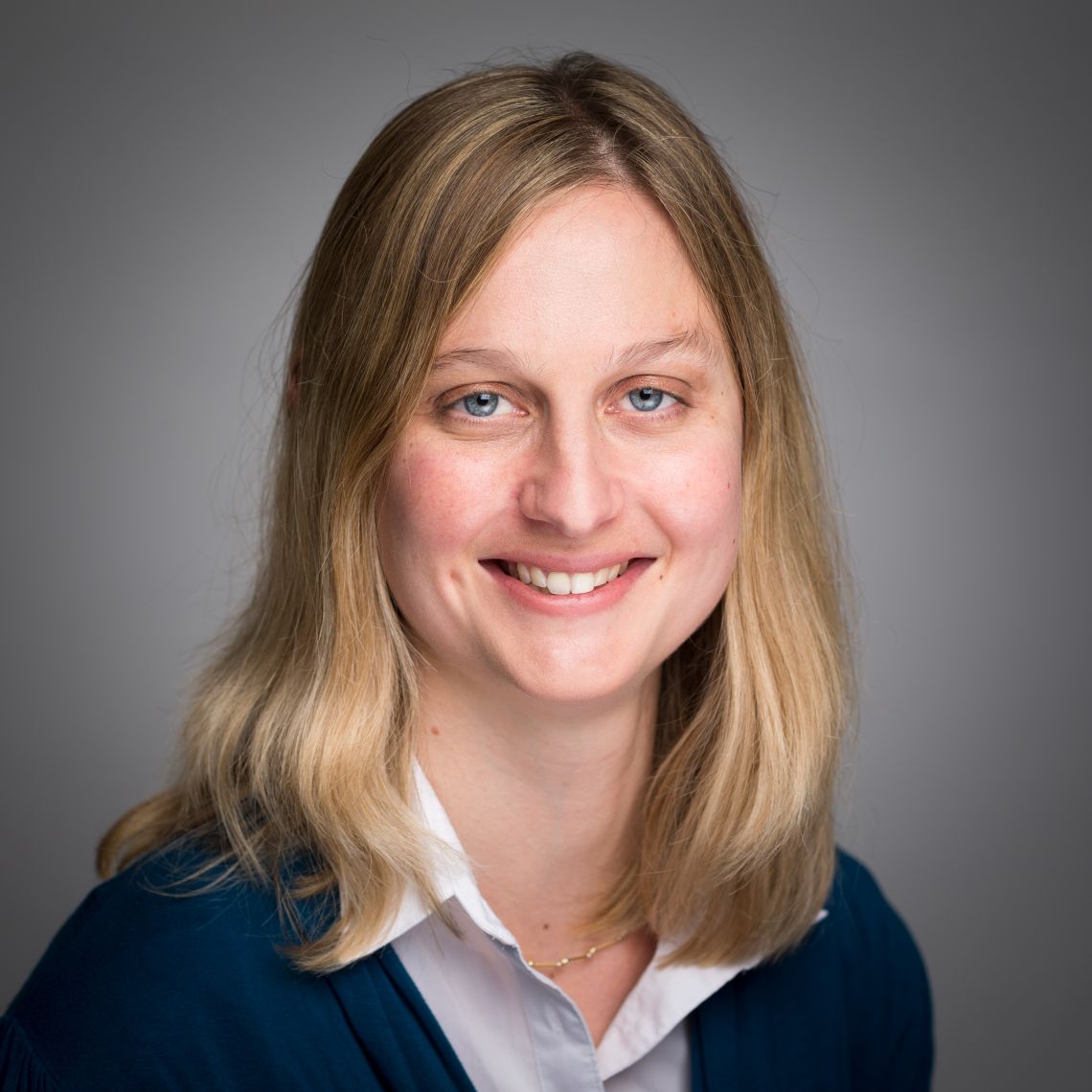
After training in laboratory research and working in academic editing, Jennifer de Beyer joined the EQUATOR Network’s UK Centre at the Centre for Statistics in Medicine (CSM), University of Oxford. Here she develops online and in-person training in academic writing and using reporting guidelines for clear, transparent research reporting. She also provides editing and writing support for CSM’s team of medical statisticians and methodologists.
The EQUATOR Network is an international initiative dedicated to improving the quality and transparency of health research. It focuses on research reporting, so that future research is based on a sound body of evidence. Through its four centres in the United Kingdom, Canada, France and Australia, EQUATOR raises awareness of reporting guidelines, provides online resources, develops education and training, and conducts research into research quality and transparency.
Ever thought of running a course on scientific writing?
Ann Bless, Switzerland
Young researchers often lack writing skills. Their supervisors or professors tell them ‘you learn by doing’ and this results in their struggling alone. They would profit from a course on scientific writing.
Attendees will come away with a basic lesson plan and guidance on how to approach teaching researchers/PhD students to write a clear and well-structured article or thesis. We will discuss how to write a catchy title, a well-structured and clear abstract and a convincing conclusion. I have chosen these elements because I hear that most scientists first read these sections of the article before deciding whether to read the rest. If required, we could also talk about the introduction and discussion sections.
This will be an interactive workshop. Attendees will be able to ask questions and I shall share with them my years of experience, my mistakes, the scientists' problems I have tried to solve. Their professors are very often too busy or away travelling so they come to me. Some researchers, from non-European cultures, do not dare ask their professors for advice for fear of losing face; they come to me for advice instead. I do not solve all their problems but at least they have a listening ear.
About the presenter
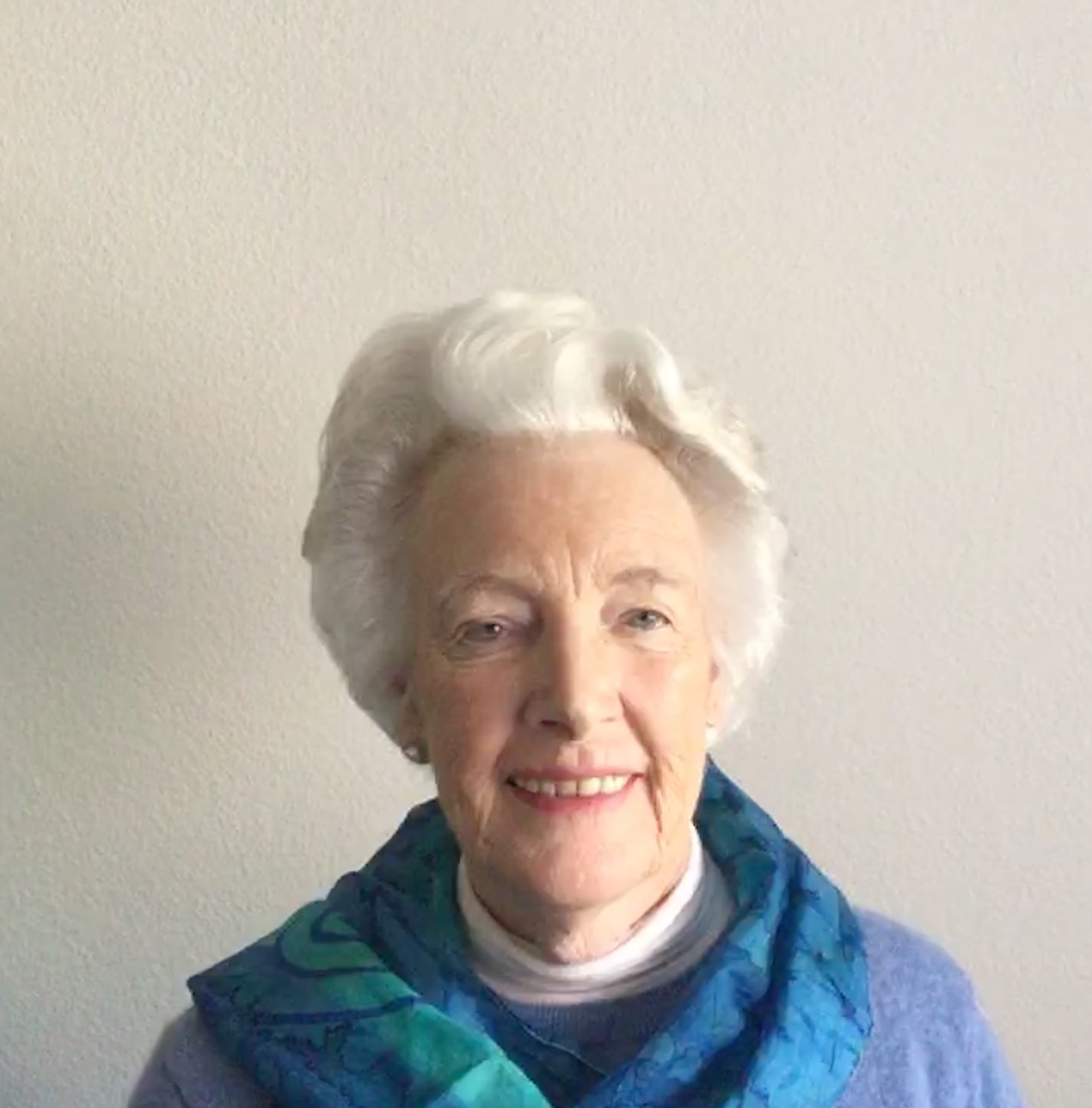
For more than 30 years Ann Bless has been running courses on scientific writing and giving workshops at various universities in Europe. She has written a book, Reader friendly scientific articles. Be clear, be readable and has co-authored with Lee Ann Weeks The elements of English editing. A guideline to clear writing.
An iPad workout for language professionals*
Alexander Drechsel, Belgium
Have you ever wondered whether your tablet could be used for professional purposes, rather than just for reading, online shopping, or watching movies? Join an experienced conference interpreter and technology trainer and find out how your iPad can help you get things done faster and better – from reading, writing and reviewing documents to managing projects or knocking tasks off your to-do list while on the go.
We’ll start by discussing how language professionals can set up their devices for multilingual use and how it works seamlessly with your existing hardware. Next, we’ll discuss research and writing – from outlining and mind-mapping to finding the information or turn-of-phrase you’re looking for to writing whenever you want, wherever you are.
After that, participants will tackle collaborative writing and editing on a tablet. You’ll learn how to draft and review text with faraway colleagues, wrangle “track changes” in Microsoft Word or Apple Pages, and up your proofreading game by using audio or a stylus.
Finally, we’ll explore tips and apps that will help you to run your business from your tablet, including to-do lists, reminders, invoicing, and more. We’ll also check out some helpful accessories that are the perfect companion for your tablet.
At the end of this workshop, you’ll feel much more confident using your tablet and be inspired to make the most of it for your work.
* This workshop focuses on iPads, but can be adapted to accommodate both iPad and Android tablet users.
About the presenter
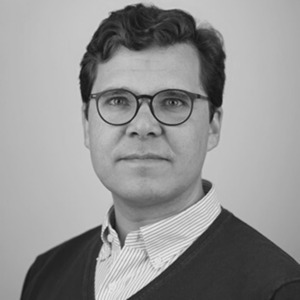
Alexander Drechsel is a senior European Union staff interpreter, working from English, French and Romanian into his native German. He has also translated several non-fiction books, he blogs on interpreting and technology, and produces two podcasts (The Troublesome Terps and LangFM). Alexander is an experienced technology trainer with many online and offline workshops under his belt, and has given several talks and presentations on technology topics at industry conferences (including ITI, CIOL, BDÜ, ATA, AIIC, and eCPD Webinars). His workshops are insightful, fun and friendly; and they focus on the participants, their skills and expectations.
